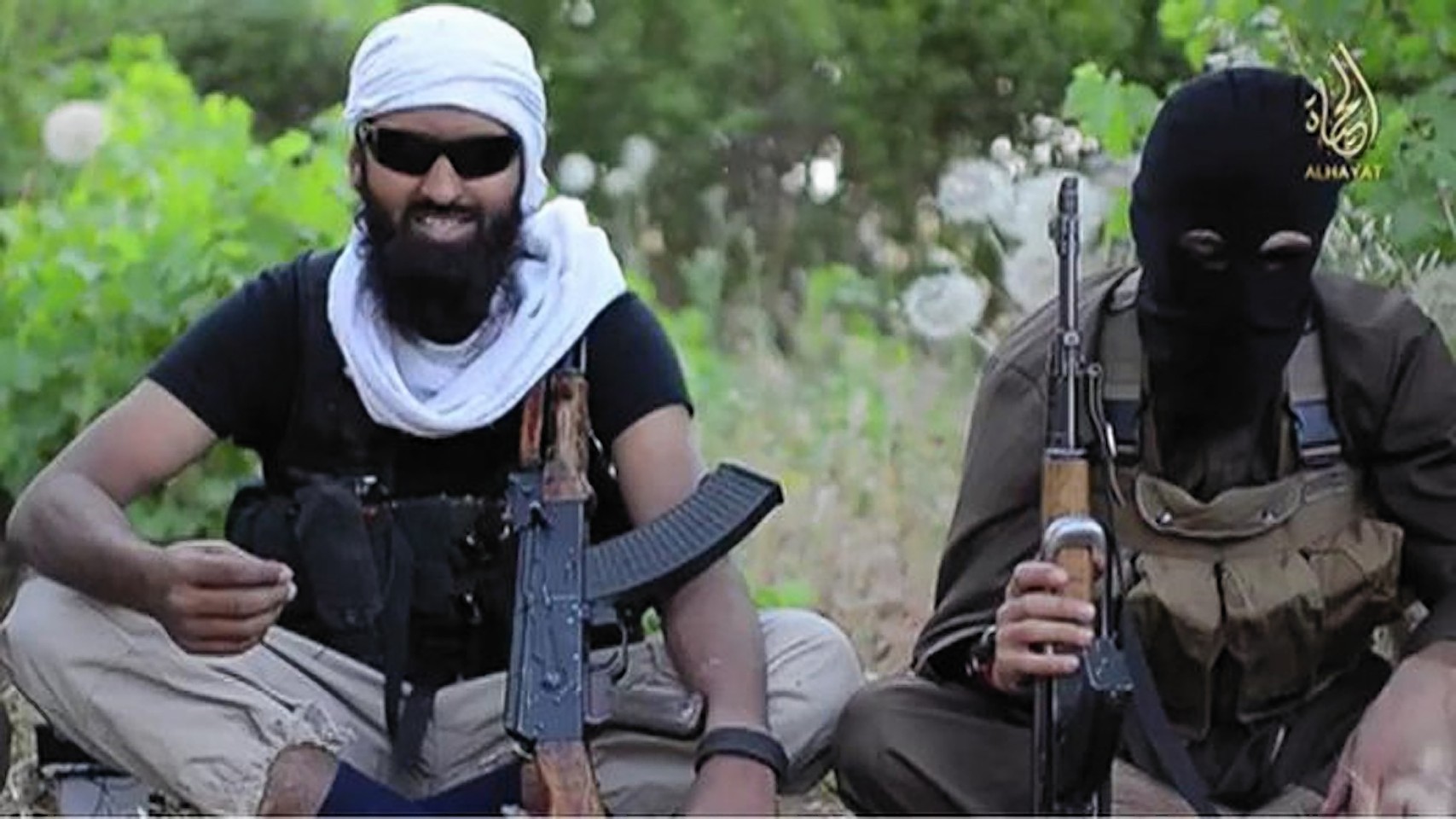Counter-terrorism police have teamed-up with universities and health boards to track down extremists in the north-east.
Local authorities and the oil and gas industry are also helping identify those at risk of becoming radicalised.
The strategy was unveiled amid fears more young men – and women – took take the same path as Aberdeen man Abdul Rakib Amin and travel to the Middle East to wage jihad.
The 23-year-old appeared in a recruitment video for Islamic State earlier this year – and said openly his views had been shaped by what he had read on the internet.
Professionals in the north-east are now being trained to spot those at risk of adopting extremist ideologies as part of a UK-wide effort to combat terrorist activity.
Detective Chief Inspector Gregg Banks, head of the Prevent Unit at Police Scotland, said the aim was to swiftly pinpoint those vulnerable to being seduced radical views and get them back on the “right track”.
He said those isolated from their communities or living with substance misuse issues were particularly at risk.
DCI Banks said: “If someone has voiced a concern, we need to assess where the risk lies.
“Quite often a person could have a drug and alcohol problem, an underlying mental health problem or can feel quite isolated.
“Quite swiftly we can intervene and get them back on the right track and back to day-to-day life with the appropriate support.”
It is estimated that up to 500 UK citizens have now left the country to fight with Islamic State (IS) in Iraq and Syria.
The UK Government yesterday stepped up its counter-terror response, with Home Secretary Theresa May warning that the threat was “perhaps greater than it has ever been”.
Mr Banks admitted that “bedroom radicalisation”, where people were being influenced by extremist views found on the internet, was a challenge.
Amin, who now goes under his fighting name Abu Bara al Hindi, said in an interview earlier this year that he had “learned his jihad” over the internet.
Detective Sergeant Audrey Gibb, who leads the Prevent strategy for the north division of Police Scotland, said people were becoming more confident about sharing their concerns about individuals following the revelations about Amin, a former pupil at Aberdeen’s St Machar Academy and Sunnybank Primary.
His family were well known at Aberdeen Mosque and Islamic Cultural Centre in the city’s Spital.
It is understood Amin, who was born in Bangladesh but moved to Scotland as a young child, became radicalised after his parents left the north-east and moved to the midlands in England.
Ms Gibb said: “Without a shadow of a doubt, Prevent is something the Moslem community are very, very keen to be part of to recognise the risk that young people might face.
A spokesman for the board of trustees at Aberdeen Mosque said that news of Amin’s presence in Syria had intensified its involvement in the Prevent strategy.
It also has representatives on the local Contest counter-terrorism group, which drives the Prevent strategy.
He said: “Our input is to help provide a better understanding of Moslems and the Moslem mentality.
“Everyone of course is different, but we offer a generic point of view and help explain some of the sensitivities within the community.
“The whole exercise is to prevent something bad from happening.
“Our focus is to save our kids and keep them away from anything that might give the reason to look into these different groups.”
A spokesman for NHS Grampian confirmed staff were involved in several pieces of counter-terror work.
A spokeswoman for Aberdeen University said it was part of the local Contest counter-terror group.
She added: “The safety and wellbeing of our community is our top priority, and we encourage all staff and students to be aware of all aspects of their own and others’ safety.”
